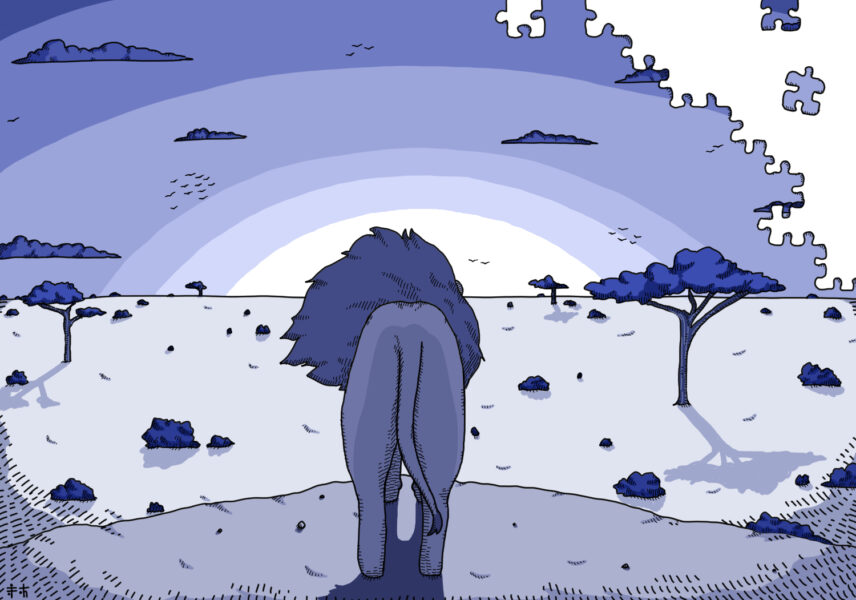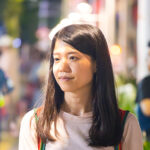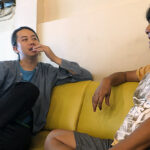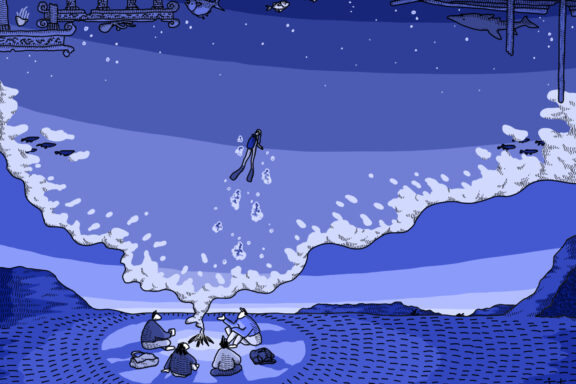Yasuyuki Kono (Southeast Asian Studies, Agricultural Science)
The focus of my research is on agriculture, rural communities, and environmental conservation in Southeast Asia. Despite this—I don’t know whether I should say so or not—recently I have read several books on Africa. Perhaps it is because my interest in Africa was aroused after a long experience in Southeast Asia, or it may be simply a coincidence.
The book that triggered my current fascination was Opening a Thai Restaurant in Rwanda (Chisa Karato, 2021). The subtitle of the book (A Japanese single mother changes her life in Africa!) and the words “Thai restaurant” both caught my attention. As Thailand is my main research area, the questions swirled in my mind: How do they cook Thai food in the middle of Africa? How do people in Africa feel about Thai food? Why did the restaurant owner choose Thai food, not Japanese food? The story portrays how the author, who is not necessarily a tough protagonist, matures together with streetwise people who, while not meticulous, persevere in their daily life. Rwanda experienced a terrifying conflict between the country’s Tutsis and Hutus. The book gives us a glimpse of the struggles of people living with the memory of that conflict.
I came across Zaire by Chance, Back in Congo (Machi Tanaka, 2015) while searching for something else online. I was attracted by the topic of river rafting on the Congo, Africa’s great river, but also, the author’s river rafting partner happened to be a former student of mine. He participated in my master’s course “Development and Ecology,” one of the few classes with students of both Southeast Asian studies and African studies. The class was more discussion rather than lecture oriented, so the students naturally got to know each other. As soon as the class was over, this student would begin flirting and making social appointments. I wanted to know how this seemingly unfocused student had grown up and what kind of experience he had gained in the field. It was as I expected. The book describes one unimaginable episode after another as the author and my former student raft down the river, enjoying unexpected events in a carefree manner. This makes them unafraid of failure and able to take on challenges that otherwise may seem a bit reckless. These experiences must sharpen their insights into the local society.
The last book is Children of the Sun: The Secrets Japan Left Behind in Africa (Hideyuki Miura, 2022). It documents the lives of the children of a local woman and a Japanese man who was engaged in mining development in Africa in the 1970s. When the father suddenly returns to Japan one day and is eventually unreachable, the impacts on the children’s lives and emotional state are decisive. From the book we learn that what makes them decisive, however, cannot be explained without understanding the underlying culture and history of the society in which the children live.
While I can conjure up and describe a world in my mind’s eye, it is only a sliver of the reality. I may be able to capture a wider world if I further sharpen my imagination. I wonder, though, that there are much wider realities beyond what I can imagine. These books make me feel so.
(Illustration by Atelier Epocha)
This article is also avairable in Japanese. >>
「考えても及びませんで。」(河野泰之)






